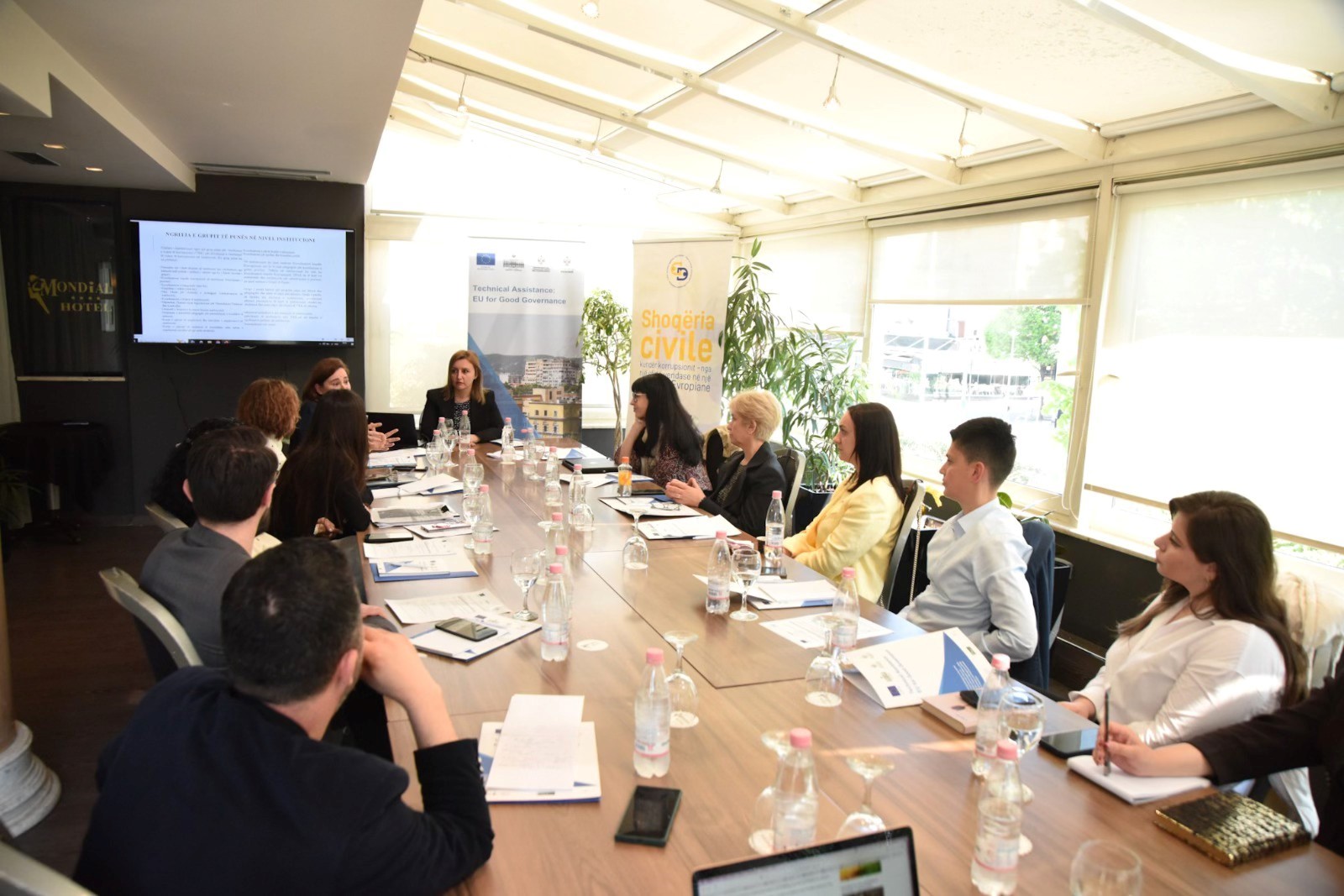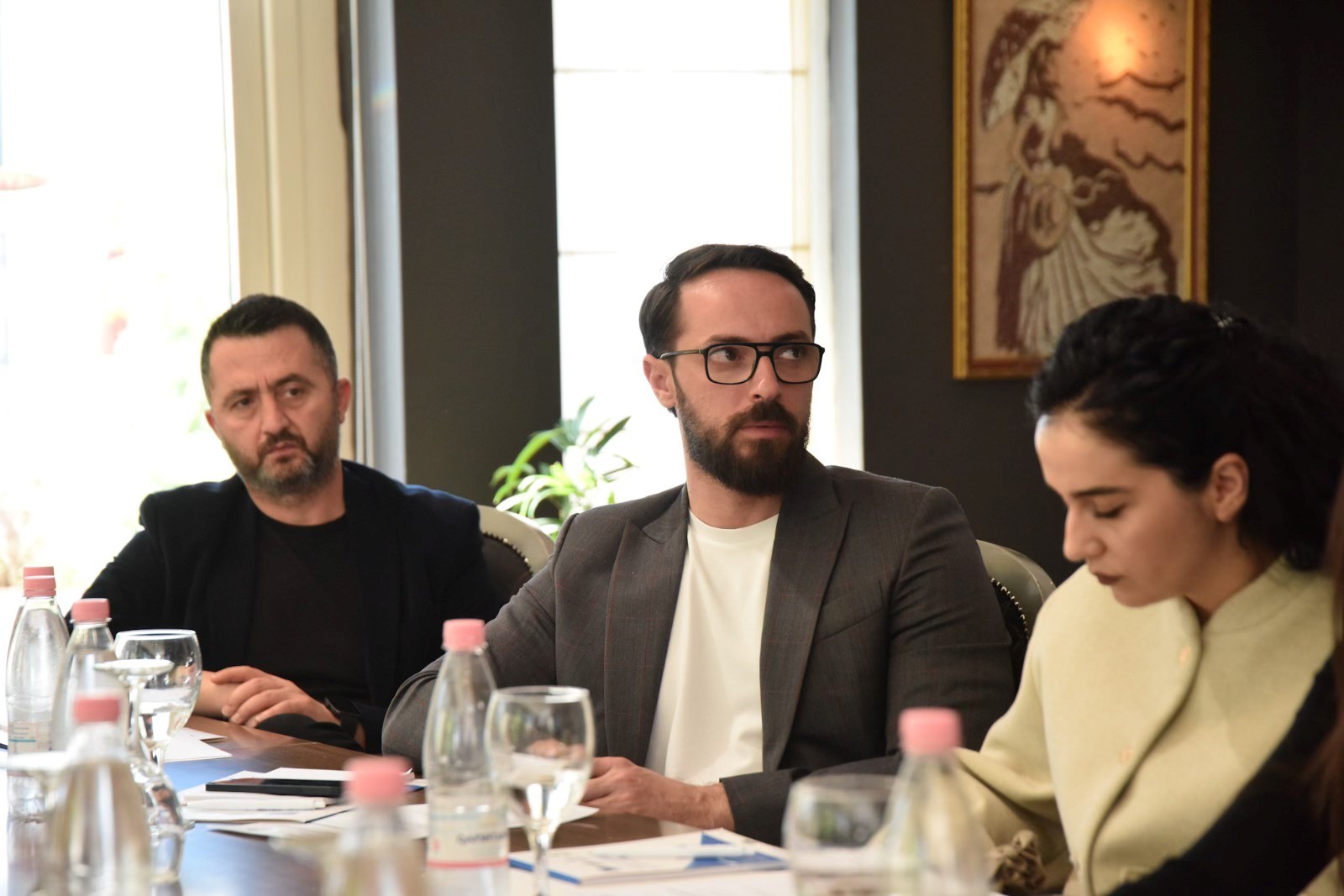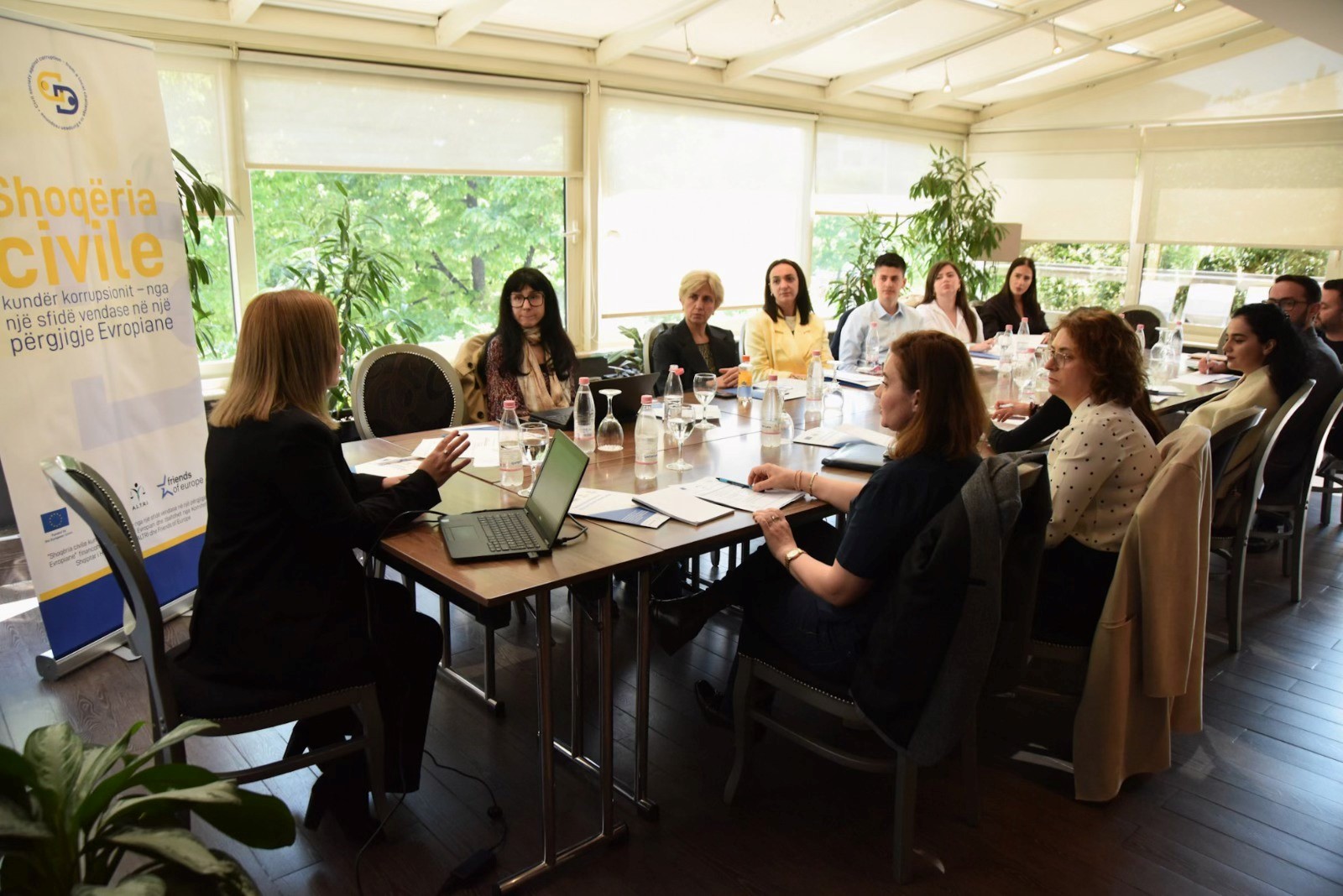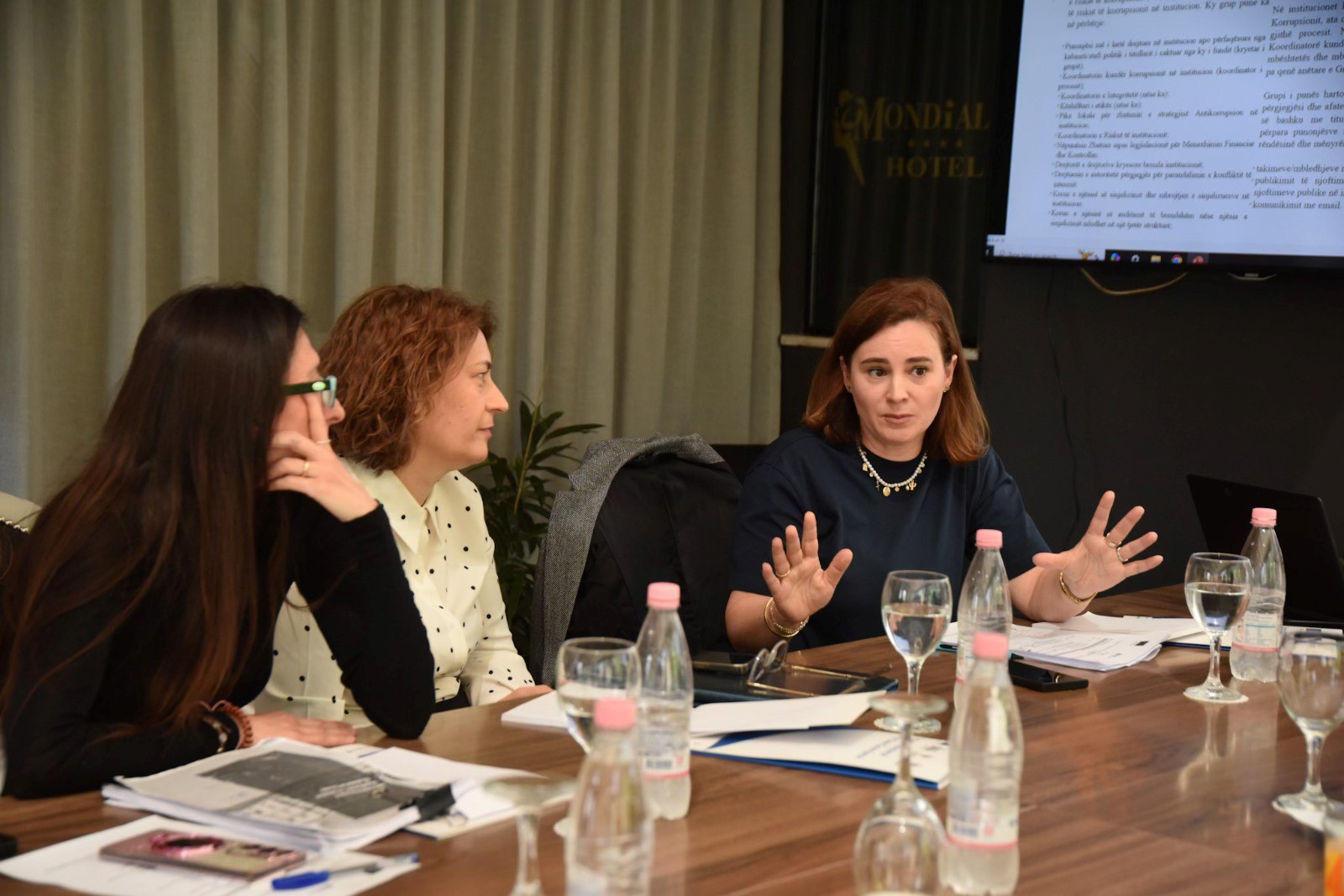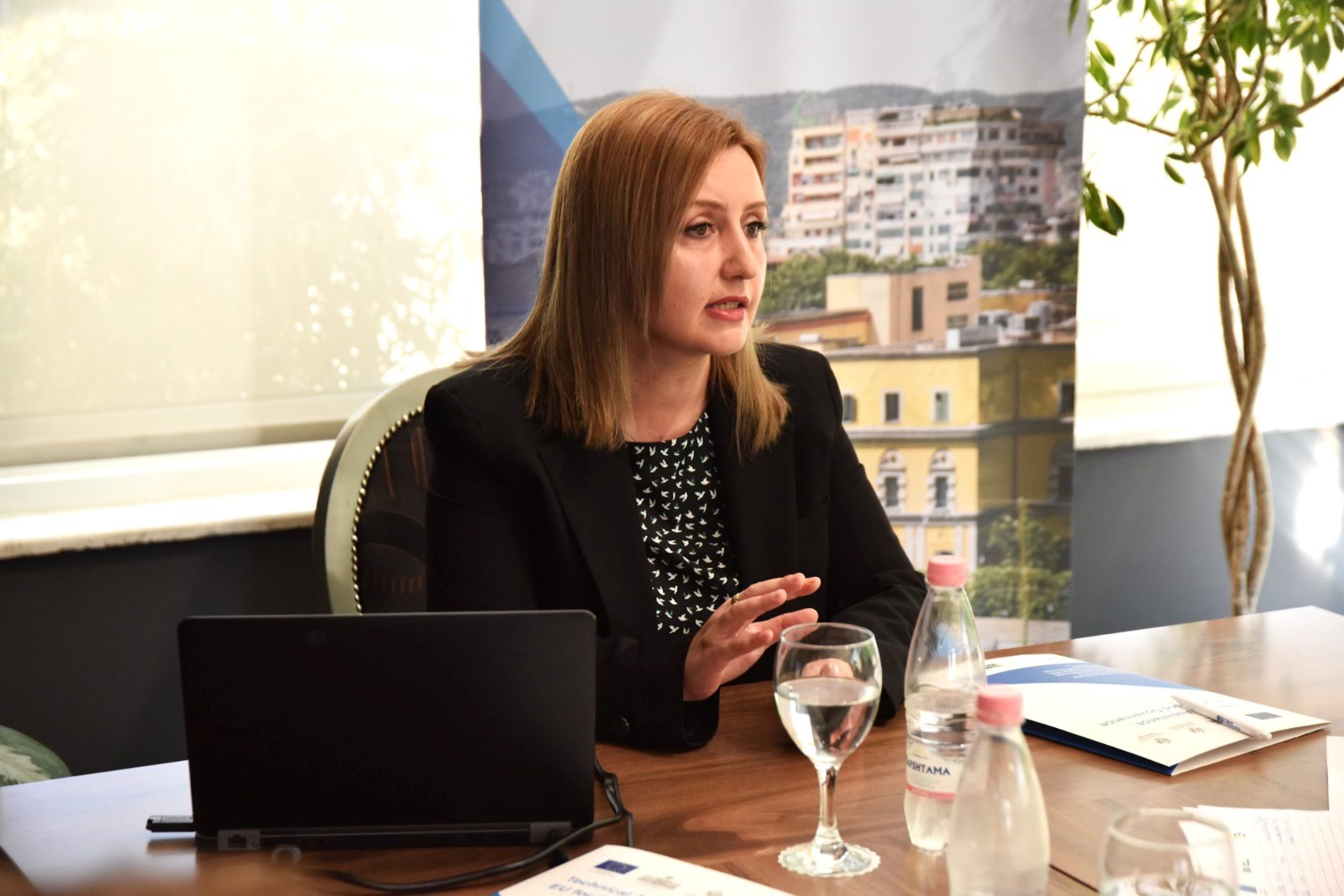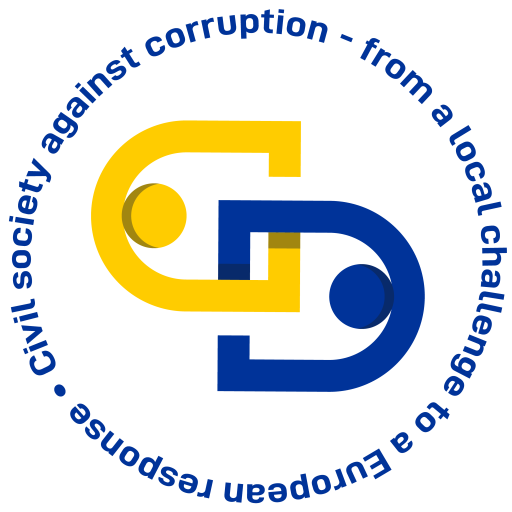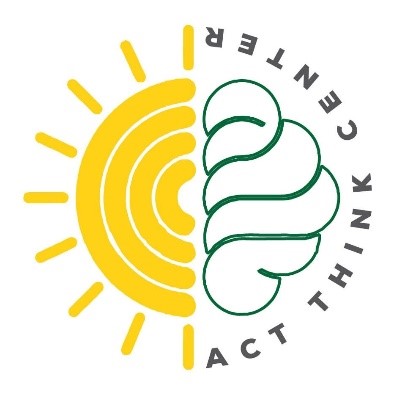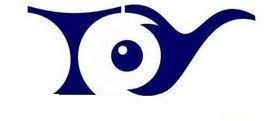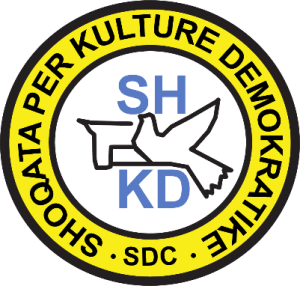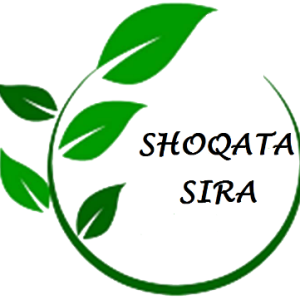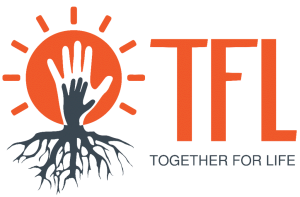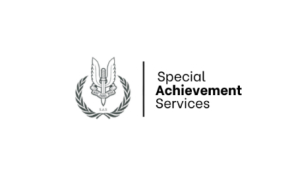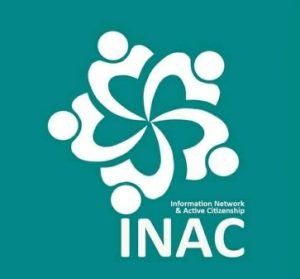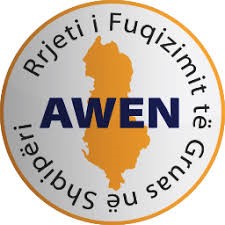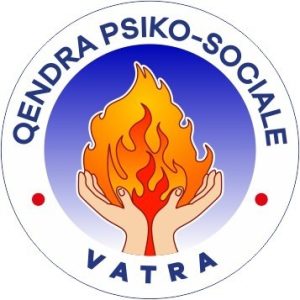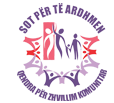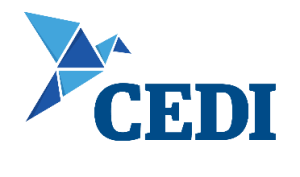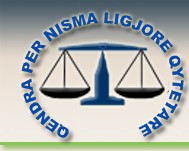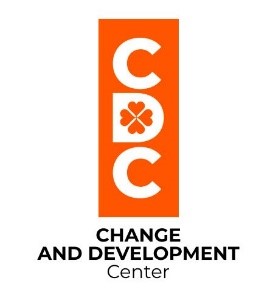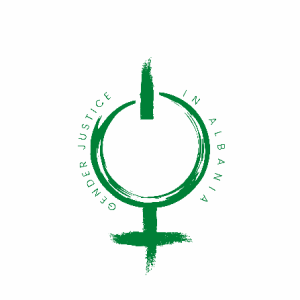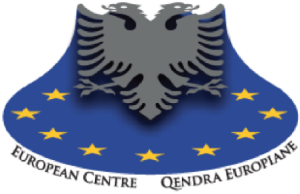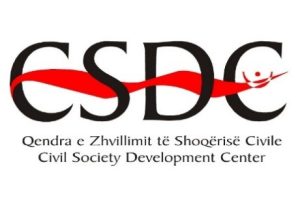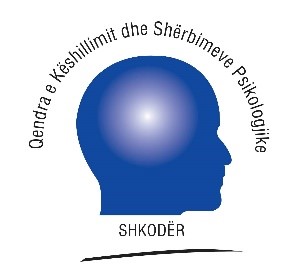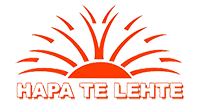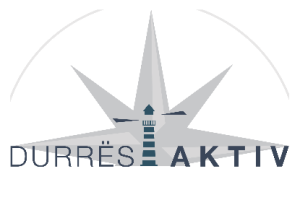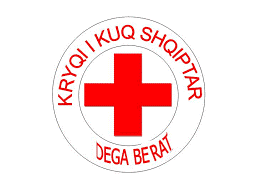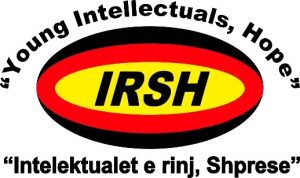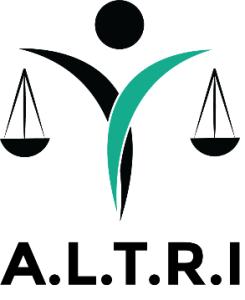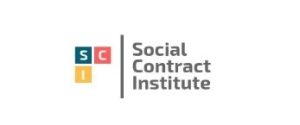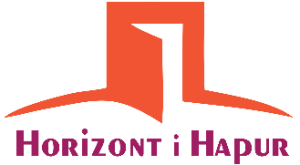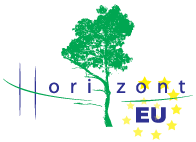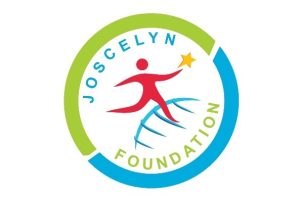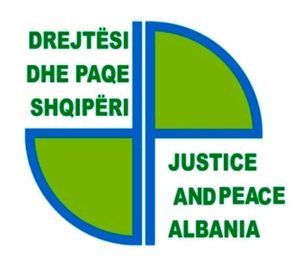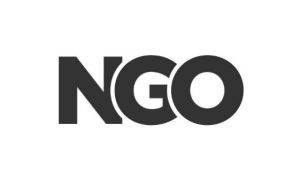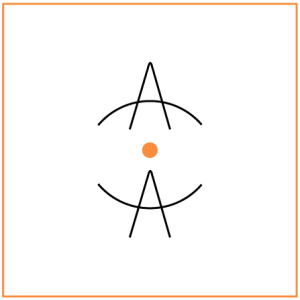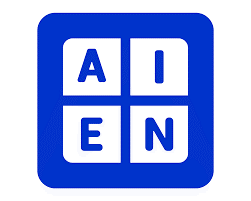Training of Trainers – Corruption Risk Assessment Methodology
28th April 2025
Within the framework of the project *“Civil Society Against Corruption – From a Domestic Challenge to a European Response”*, and in collaboration with the EU4GG program, the General Directorate of Anti-Corruption (DPAK) has been supported with a Corruption Risk Assessment Methodology. This methodology is an important tool for identifying, assessing, and managing corruption risks within the public administration.
In line with the 2024–2030 Intersectoral Anti-Corruption Strategy, this methodology represents a key component for strengthening institutional integrity, particularly in sectors identified as vulnerable: property, healthcare and social care, education, public procurement, taxes, and customs. The strategy also foresees the involvement of anti-corruption coordinators in 26 public institutions and agencies, who will use this tool to analyze risks based on whistleblowing reports, complaints, media initiatives, or other data. For institutions without dedicated coordinators, the process will be overseen directly by DPAK.
To facilitate the practical implementation of the methodology, DPAK staff were trained through a Training of Trainers (ToT) session, aimed at preparing them to train other public institutions.
The methodology is also a priority requirement of the European Commission’s Progress Report for Albania and a continuing recommendation from GRECO, being considered a key instrument to enhance transparency and accountability within the public administration. Based on international best practices and adapted to the Albanian context, it incorporates approaches from organizations such as Transparency International, UNDP, UNODC, and OECD, providing a clear and effective framework for domestic institutions in the fight against corruption.
